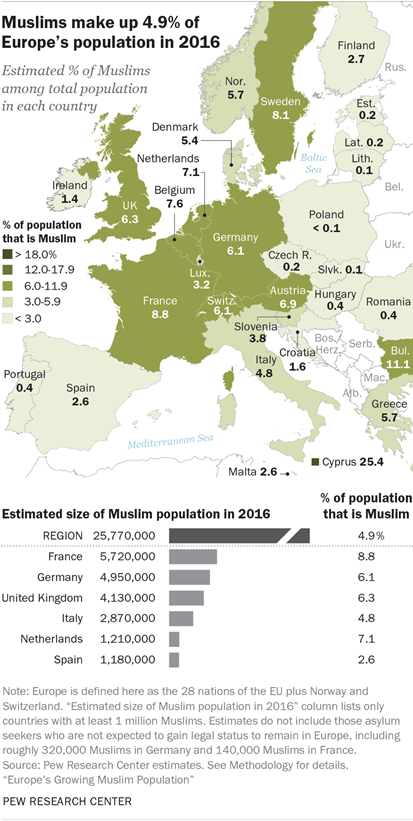There is much speculation as to whether liberalizing moves, such as the ones
undertaken in Saudi Arabia, are for real. To be sure, despite recent, very encouraging signs, the jury is still out on that matter.
But in a broader context, there are definite signs of progress across
the Muslim world. Indications are that a veritable revolution is
underway among women in such societies.
Of course, it is not an overt revolution, but a profound
transformation that has great scope: Since the turn of the century, 50
million women in predominantly-Muslim countries have entered the labor
market.
As Saadia Zahidi, a Pakistani member of the World Economic Forum’s
Executive Committee and head of its initiative on Education, Gender and
Work, argues in her well-researched book packed with concrete examples,
Fifty Million Rising: The New Generation of Working Women Transforming the Muslim World, what is happening is a real “tsunami.”
It is true that working women still account for only one quarter of
the female population of these societies. But as Saadia Zahidi states,
“the increase in their numbers represents an economic and cultural shift
of enormous magnitude. Fifteen million women are renegotiating their
own and their families’ norms and values.”
To give one example, in Pakistan, only four million women worked out
of a population of 107 million 1990. By now, while the population has
since doubled, the number of women workers has risen fourfold.
We should also remember that the United States and Europe only
managed this transformation half a century ago. Some decades ago, in
countries like in Germany, women still needed the consent of their
husbands to take up work. Sound familiar?
Research suggests that, once women reach a 30% share in a nation’s
labor force, this constitutes a tipping point where things start to
change. They now account for 31% of the workforce across the Islamic
world.
Clearly, there are major differences among Muslim countries. Only six
of them have laws protecting against discrimination on the grounds of
sex in employment contracts: Azerbaijan, Kazakhstan, Kosovo, Mauritania,
Morocco and Tajikistan.
And very often, although they can now study and work, these freedoms
are not accompanied by basic freedoms for women. For example, rates of
mobile phone ownership are significantly lower among women than among
men in the majority of these societies.
In other words, it is a revolution that is by no means assured. It is
“exponential, but not inevitable,” as Saadia Zahidi puts it. The forces
of conservatism may push it back – as has already happened in some
countries. Armed conflicts may thwart progress as well, as has occurred
in Syria.
The type of education these young women are choosing also matters
considerably. There are only five countries in the world with a higher
proportion of women than men studying science, technology and
engineering.
Two of them, Kuwait and Brunei, are predominantly Muslim. Half of the
18 countries where women constitute 40% of such students are Muslim,
according to Zahidi.
Recent academic years in Egypt have seen almost 34% of the places in
these subjects being taken by women, many of whom go on to pursue
careers in the same fields, often as tech and online retailing
entrepreneurs.
But if the trend continues, it will change many things. Just recall that
in 2004, the sociologists Ronald Inglehart and Pippa Norris had
convincingly
argued
that the real clash today’s world has to contend with was not one
between civilizations, as Samuel Huntington had argued. They cast it as a
clash between sexes, because of the often subservient role played by
women, especially in the Muslim world.
Note EU-Digest: Great
progress indeed for Muslim women, but unfortunately it also is a matter
of the equality of men and women that needs to be addressed. The Koran
was never modernized to reflect the equality of women in relation to
men. In contrast to what was done during the Reformation for the
Christian religion by Martin Luther against the doctrinal and oppressive
Catholic Church based in Rome.








